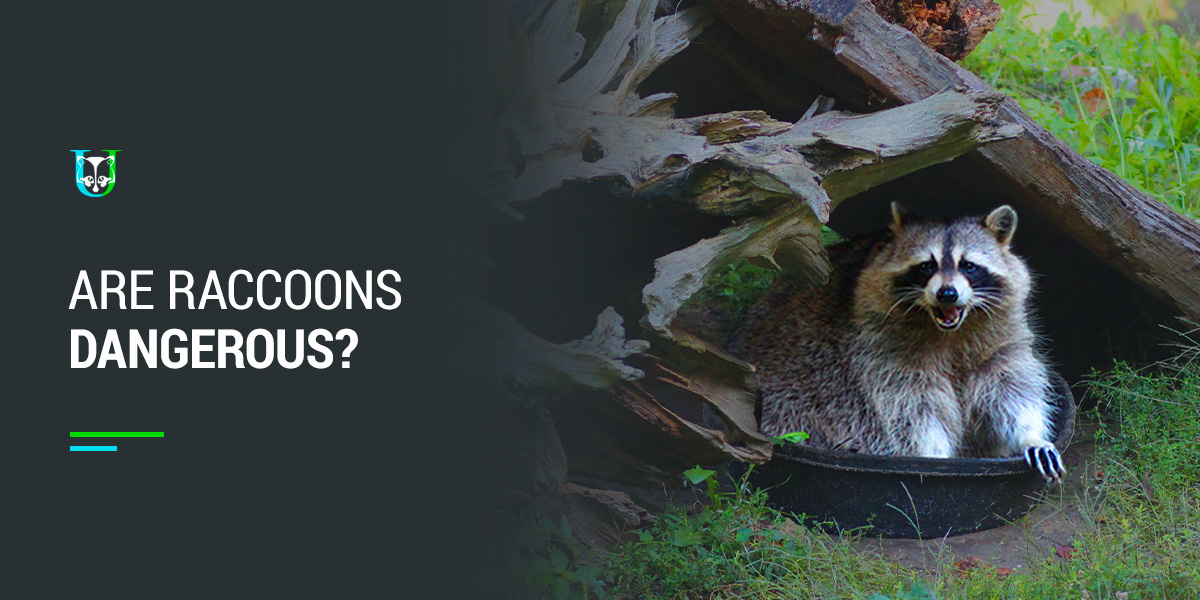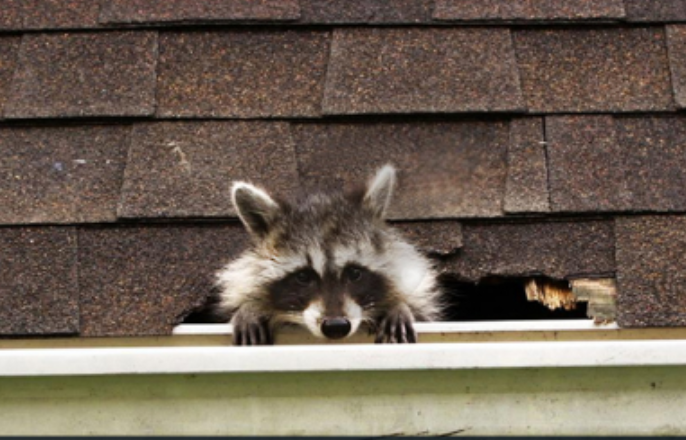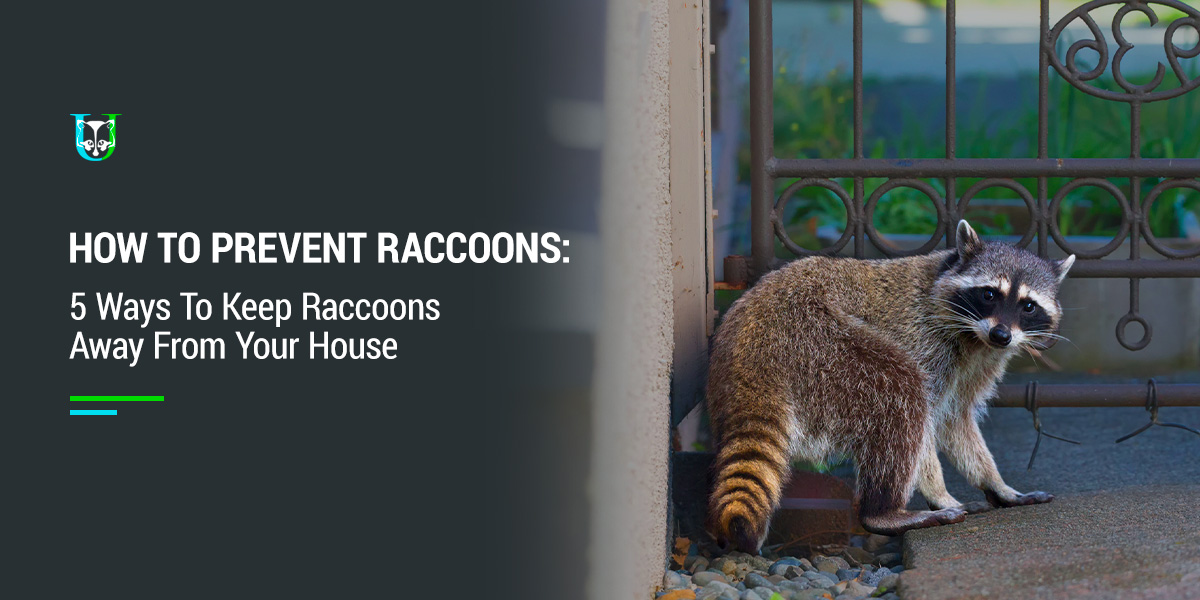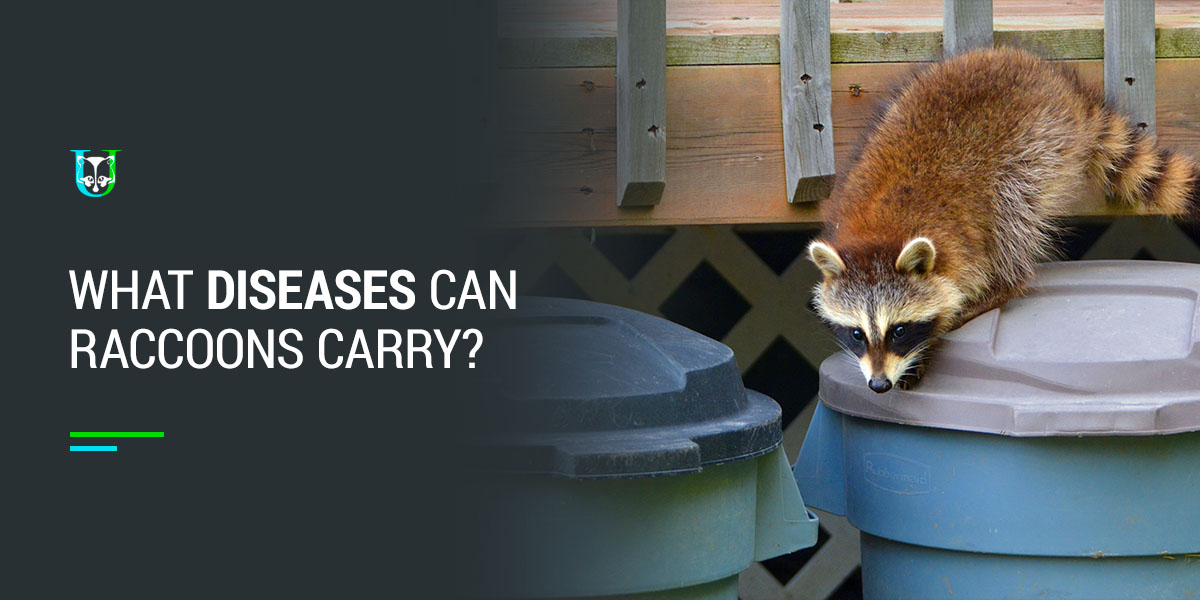With fuzzy fur, distinctive mask-like features, and bushy tails, raccoons look cute from a distance. This forest creature is a common sight in many neighborhoods and suburbs, but that doesn’t make it friendly or safe. Raccoons can be dangerous in certain circumstances.
Here are a few of the most common questions about the risks raccoons can pose to your home and family.
Do Raccoons Attack Humans?
In general, raccoons do not attack people. These naturally shy creatures prefer to flee if they sense humans. However, that fear can dwindle as they adapt to cities and suburbs.
Raccoons are most dangerous to humans when they feel threatened or trapped or need to protect their young. Before attacking, raccoons may bluff or try to intimidate you. They might bear their teeth and claws, vocalize aggressively or even charge at you.
Displays of aggression mean an attack is likely, so give raccoons a wide berth if you encounter one.
Are Raccoons Dangerous to Pets?
Raccoons can pose a risk to pets, especially cats and dogs who eat outside. While fights are uncommon, they can happen — especially if your pet chases the furry creature or clashes with them over food.
Raccoons will defend themselves if they feel cornered. It’s best to feed your pets indoors and avoid leaving food or water bowls outside.
What Are Some Other Problems Racoons Cause?
While the local raccoon population may not pose an immediate danger, these masked bandits can cause other problems to your home, property, or family. Common issues include:
- Rabid raccoons: Raccoons are among the main carriers of rabies in the United States.
- Raccoon droppings: Serious diseases, such as raccoon roundworm and salmonella, can infect people or pets through raccoon urine or fecal matter found in yards.
- Raccoon dens: Raccoons will build their dens anywhere they feel safe. Spaces under decks, in sheds, or even in your attic or garage may be vulnerable.
- Raided trash cans: Trash is a raccoon’s most beloved food source.
- Property damage: Raccoons can cause thousands of dollars in damage through contamination, ruined insulation, torn shingles, and chewed wiring and pipes.
What to Do if a Raccoon Approaches You
If a raccoon approaches you or your family, the following tips can help chase it away:
- Yell a phrase repeatedly — “Go away!” will work.
- Make yourself appear larger.
- Shout and wave your arms.
- Spray water.
- Throw stones if it continues to approach.
Leave Raccoon Removal to the Professionals
If raccoons make themselves comfortable in your home or around your property, leave them to the wildlife specialists at Urban Jungle Wildlife Removal. We offer customized removal solutions and exclusion services to keep raccoons from causing problems. Contact us today to learn more.




